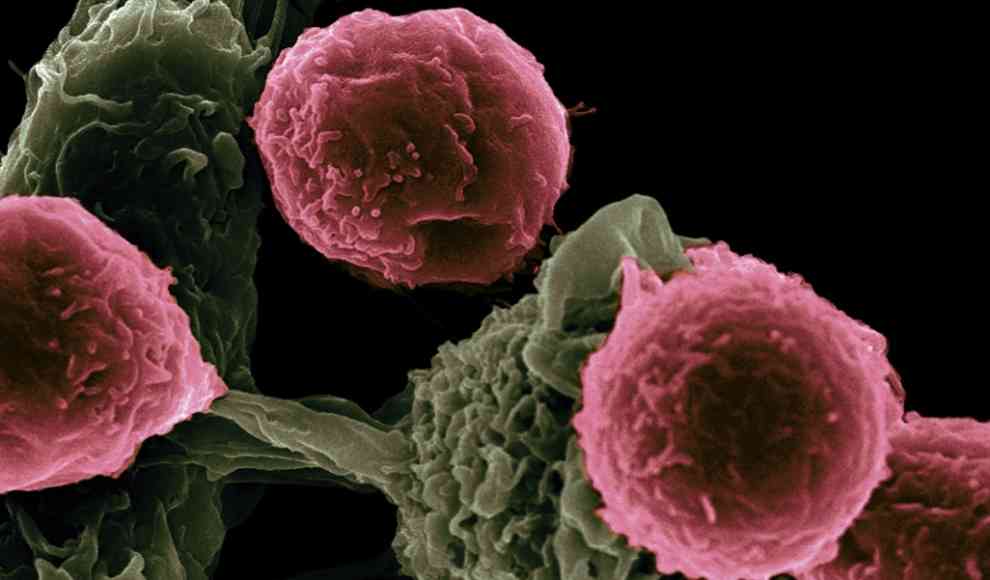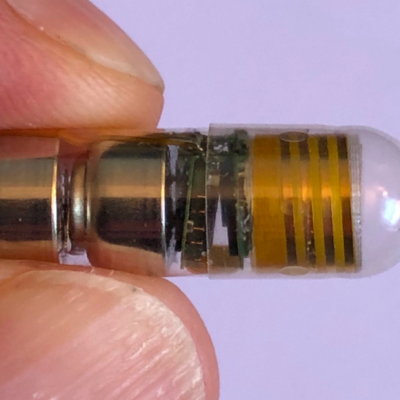New research has revealed that killer cells, which are usually the perfect weapon against cancer tumors and metastases, can be reprogrammed by contact with cancer cells. This genetic reprogramming can have fatal consequences for cancer patients. The innate immune system of humans has killer cells that play an important role in the body’s health and in the fight against cancer. When killer cells encounter other cells, they recognize which cells are harmful to the body’s immune system and which are not. If they detect harmful cells, the killer cells release an enzyme that drives the harmful cells to self-destruct. This system works in theory, but not always in practice. Breast cancer alone affects 70,000 women per year, and some of these women also develop metastases. Researchers have been trying to understand how breast cancer cells trick killer cells, and a recent study sheds some light on the issue.
Isaac Chan and his colleagues at Johns Hopkins University in Baltimore conducted a study in which they examined killer cells more closely. They exposed some killer cells to an artificially grown breast cancer tumor. Initially, the killer cells decimated the cancer cells as expected. However, after about 36 hours, the cancer cells returned and even doubled, as reported in the Journal of Cell Biology. The researchers found that the cancer cells had reprogrammed the killer cells. Fortunately, the researchers also discovered that this reprogramming can be reversed. They used antibodies to neutralize the effect of the malignant killer cells and effectively prevent the formation of new tumor colonies.
This research is significant because it sheds light on how cancer cells can evade the body’s immune system. It also offers hope for cancer patients, as it suggests that the reprogramming of killer cells can be reversed. The use of antibodies to neutralize the effect of malignant killer cells could be a promising treatment option for cancer patients. However, more research is needed to fully understand the mechanisms at play and to develop effective treatments.










